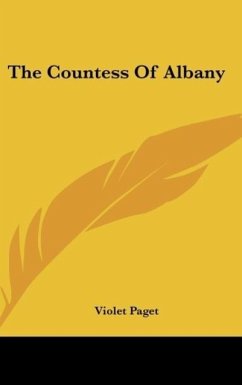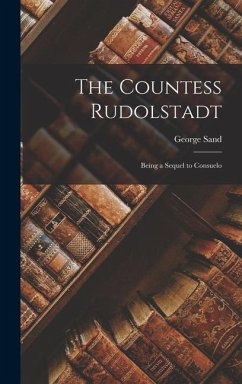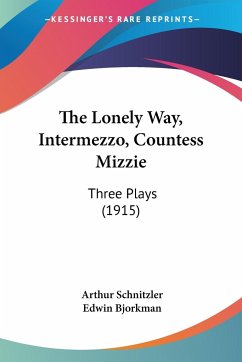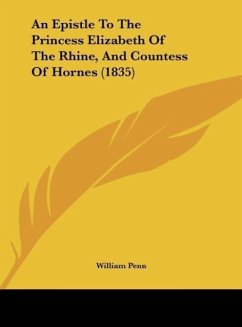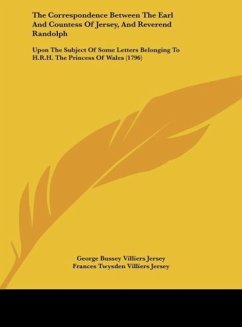
The Countess Of Dellwyn

PAYBACK Punkte
16 °P sammeln!
Lady Dellwyn was now almost in as great a State of Mortification as at the Time that Lady Fanny, by becoming her Rival in her Lord's Fortune and Title, first led her to discover, that such Advantages were worth the Price she afterwards paid for them, when an Accident happened, which was the highest Cordial to her almost fainting Spirits, and revived the pleasing Hope of obtaining a complete Triumph over Lady Fanny; for Lord Clermont returned to the Hot Wells, and she doubted not but that it was in her Power easily to regain his Attention.



